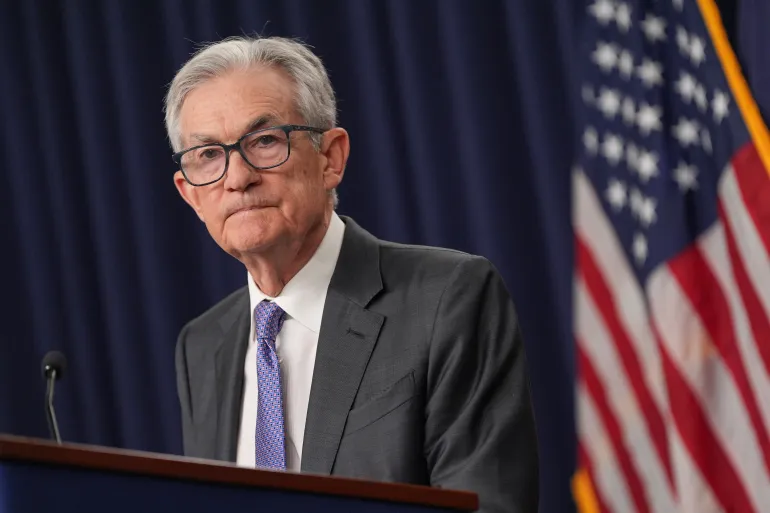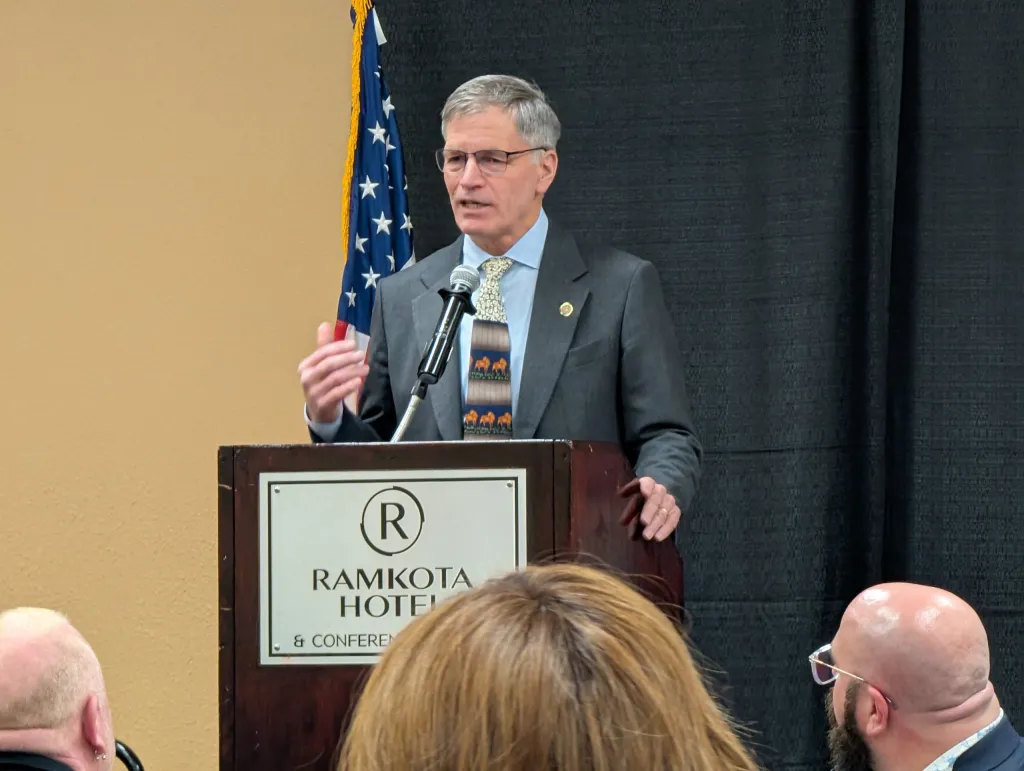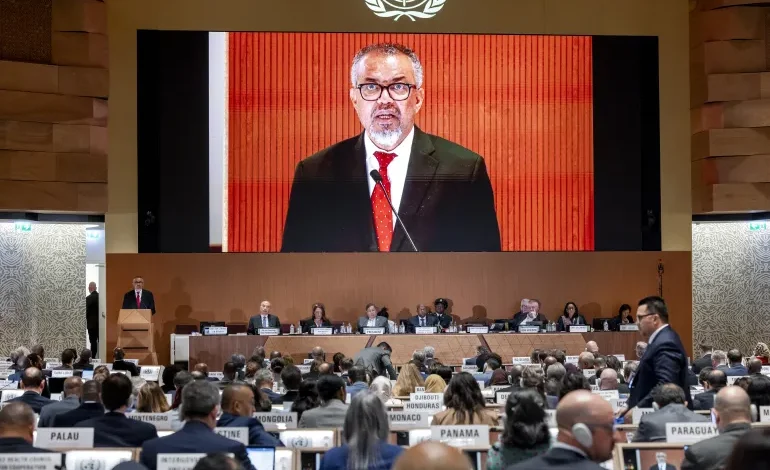Members of the World Health Organization (WHO) have adopted a new agreement aimed at strengthening global preparedness for future pandemics, as per Al Jazeera.
However, the absence of the United States from the final negotiations has raised questions about how effective the treaty will be.
The legally binding agreement was adopted on Tuesday at the World Health Assembly in Geneva after three years of complex discussions. Member countries responded with applause, marking what WHO Director-General Tedros Adhanom Ghebreyesus called “an historic day.” The pact is designed to avoid the fragmented global response seen during the COVID-19 crisis by improving international coordination, disease surveillance, and equitable access to medicines and vaccines.
In a statement following the vote, Tedros described the agreement as a victory for science, public health, and multilateral cooperation. He said it reflects a global commitment to avoid the devastating losses experienced during the COVID-19 pandemic and to protect communities, economies, and health workers in the future.
The deal was reached after intense negotiations that at times exposed a divide between wealthier nations and developing countries, many of which struggled to obtain vaccines and treatments during the last pandemic. Namibia’s health minister, Dr Esperance Luvindao, who chaired the committee that facilitated the agreement, emphasized the collective resolve to avoid repeating such inequalities. She said the pandemic had caused profound losses and that the global community now had a duty to protect future generations through cooperation.
Despite the agreement’s adoption, concerns remain about its strength without US involvement. The United States, traditionally the WHO’s largest financial contributor, was not part of the final negotiations. This followed a decision by the Trump administration to withdraw from the WHO and end its funding in January. US Health and Human Services Secretary Robert F Kennedy Jr. sharply criticized the WHO at the assembly, calling it “moribund” and urging other nations to consider following the US example.
Kennedy claimed the new pandemic treaty enshrines the failures of the WHO’s COVID-19 response and vowed that the US would not participate. He also said the US had begun discussions with other countries that shared its views.
Without enforcement mechanisms or penalties for noncompliance, the agreement’s practical impact remains uncertain. The next stage involves finalizing a pathogen access and benefit-sharing system by May 2026. This mechanism is intended to ensure that countries share both information about emerging health threats and the benefits of any resulting medical breakthroughs. Once the system is complete, countries can begin the ratification process. The agreement will come into effect once 60 countries have formally ratified it.










The latest news in your social feeds
Subscribe to our social media platforms to stay tuned